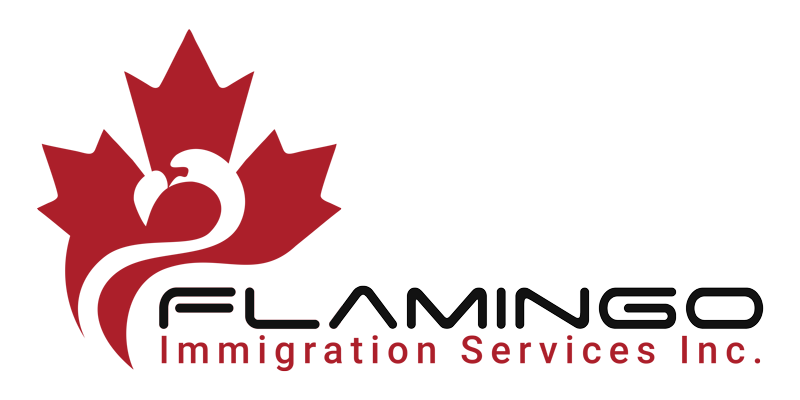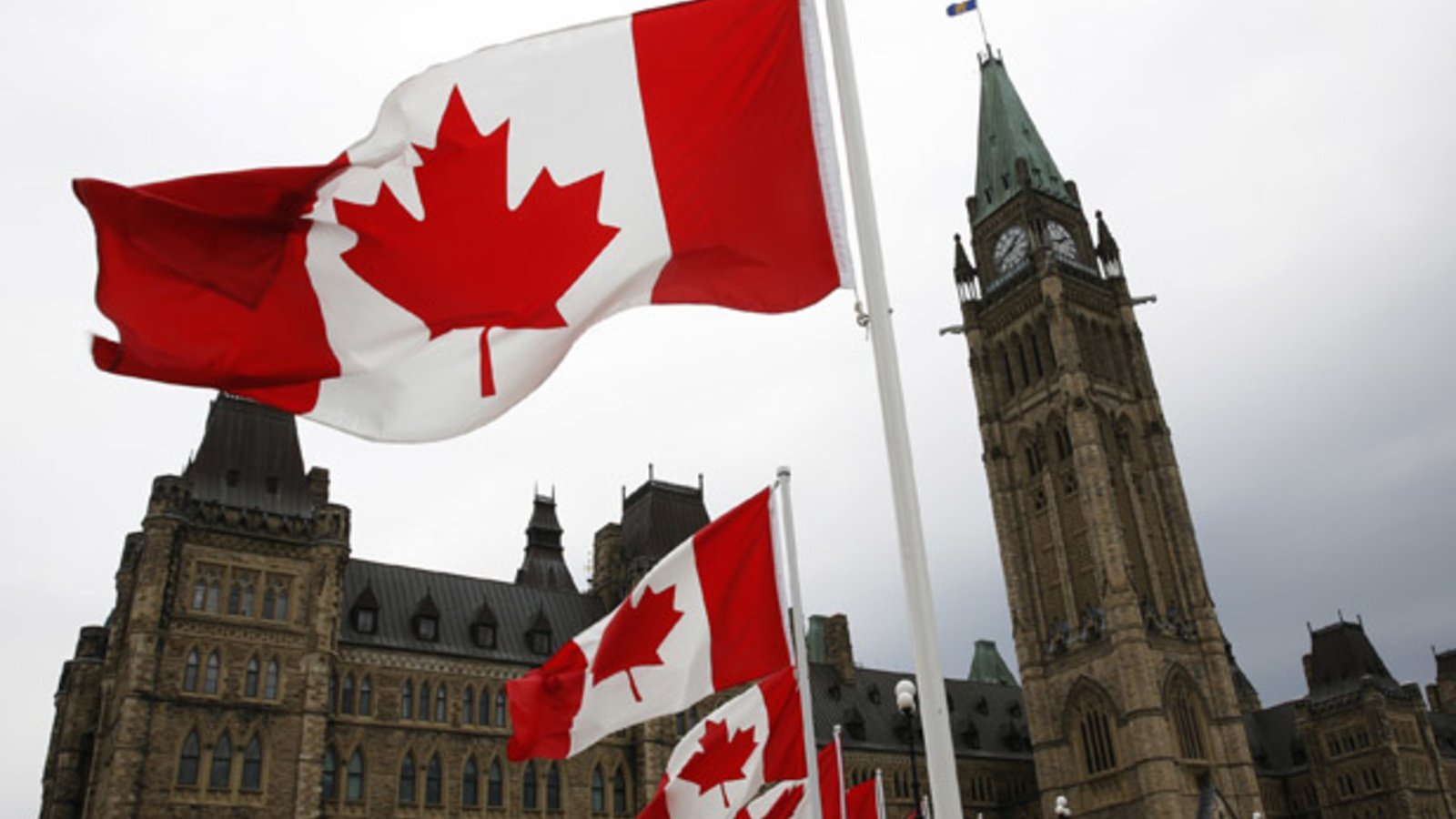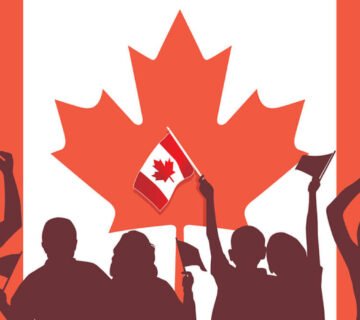Canada is making it easier for foreign students and native French speakers to enter the country.
Beginning May 6, IRCC will grant temporary residency to 90,000 vital staff and foreign student graduates. There will also be three services that will recognize an infinite number of French speakers who meet the criteria.
The new services are open to qualifying temporary residents who wish to relocate to a province or territory in Canada other than Quebec. This is due to the fact that the new programs were implemented by the Canadian federal government, which does not have authority over Quebec’s immigration policy.
The new services will be available for a limited time only, until November 5th, or until the intake quotas are met. There are 40 healthcare occupations that are eligible, as well as 95 other important jobs in sectors like manufacturing, agriculture, and sales. Applicants can also include their family members on their applications, whether or not they live in Canada. All listed on the application must be eligible to enter Canada, which means they must meet certain criminality and medical requirements.
International student graduates
Up to 40,000 recent foreign student graduates will be accepted as permanent residents in Canada.
You must have graduated from a post-secondary Designated Learning Institution (DLI) between January 2017 and the time you send your application to be qualified. You must also be working in Canada at the time you submit your application. Work performed as a sole proprietor is ineligible.
You may have completed your diploma or degree at a DLI in Quebec, but you must be applying to live in another province.
Generally speaking, plans must be at least eight months long. Each program of study must be at least 900 hours long, and the combined program of study must be at least 1,800 hours long, for a Diploma of Vocational Studies (DVS) or an Attestation of Vocational Specialization (AVS).
All proficiencies must meet the minimum language requirement of a Canadian Language Benchmark (CLB) 5 in English or French.
This year, the Immigration and Refugee Council of Canada (IRCC) would admit up to 20,000 new permanent residents into a temporary stream for healthcare workers in Canada.
Essential workers in healthcare
This year, the Immigration and Refugee Council of Canada (IRCC) would admit up to 20,000 new permanent residents into a temporary stream for healthcare workers in Canada. In order to be qualified for certain economic-class immigration services, you must have professional work experience. This is not the case for this program; all you need is one year of work experience in a qualifying occupation in Canada.
Nurses, doctors, and pharmacists are among the 40 professionals that are qualified for this initiative. This group also includes certain professions related to social work, such as social and community service working, and home care working. This path is not open to veterinarians or veterinarian technicians.
Within the three years preceding your application date, you must have at least one year of qualifying full-time job experience. According to the government’s requirements, you must be working in any profession at the time of your submission.
If you are a medical practitioner working for a health authority on a fee-for-service basis, you cannot be self-employed.
All proficiencies must meet the minimum language requirement of a Canadian Language Benchmark (CLB) 4 in English or French. Finally, you must be traveling to a province or territory in Canada other than Quebec.
Essential workers in other occupations
Canada will accept 30,000 new permanent residents with job experience in critical occupations across all National Occupational Classification (NOC) skill levels under this temporary initiative. Retail salespeople, general farm workers, and building trades laborers are among the 95 occupations that are eligible.
Within the three years preceding your submission, you must have at least one year of qualifying full-time job experience. You must be working at the time of your filing, but the government language states that it can be “in any occupation.” Work performed as a sole proprietor is ineligible.
All proficiencies must meet the minimum language requirement of a Canadian Language Benchmark (CLB) 4 in English or French. You may also be traveling to a province or territory in Canada other than Quebec.
French-speaking international student graduates
This new stream is for recent international student graduates who are living in Canada and speak French. You do not plan to relocate to Quebec to be qualified for the program, but you can still apply if you have a Quebec-based education.
You must be employed in Canada at the time of your application to be considered. You must also have completed a post-secondary program at a Canadian Designated Learning Institution (DLI) after January 2017.
The program from which you graduated must also fulfill graduation requirements. In most cases, they must last longer than eight months. Each program of study for a Diploma of Vocational Studies (DVS) or an Attestation of Vocational Specialization (AVS) must be at least 900 hours long, and the combined program must be at least 1,800 hours long.
In all French language skill fields, you must have a minimum of 5 Niveaux de compétence linguistique canadien (NCLC).
French-speaking essential workers in healthcare
An infinite number of French-speaking healthcare staff in Canada would be able to become permanent citizens by this route. It is not for those who wish to immigrate to Quebec to speak French. To be qualified, you must have done at least one year of full-time employment in Canada within three years of your submission. Job experience in one of the 40 qualifying healthcare and social work professions is needed.
According to the government’s requirements, you must be serving in some profession at the time of your submission. If you are a licensed practitioner working for a health authority on a fee-for-service basis, you cannot be self-employed. In all French language ability fields, you must have a minimum of a 4 on the Niveaux de compétence linguistique canadien (NCLC).
French-speaking essential workers in other occupations
This stream allows an infinite number of French speakers with work experience in one of the 95 qualifying jobs to become permanent residents. Candidates must plan to relocate to a province in Canada other than Quebec to be eligible.
Within one year after qualifying, you would have met the full-time job requirements. You must have a career at the time of the submission, but the government states that you can work in “any profession.” Work done as a sole proprietor is not allowed. In all French language skill fields, you must have a minimum of 4 Niveaux de compétence linguistique canadien (NCLC).



